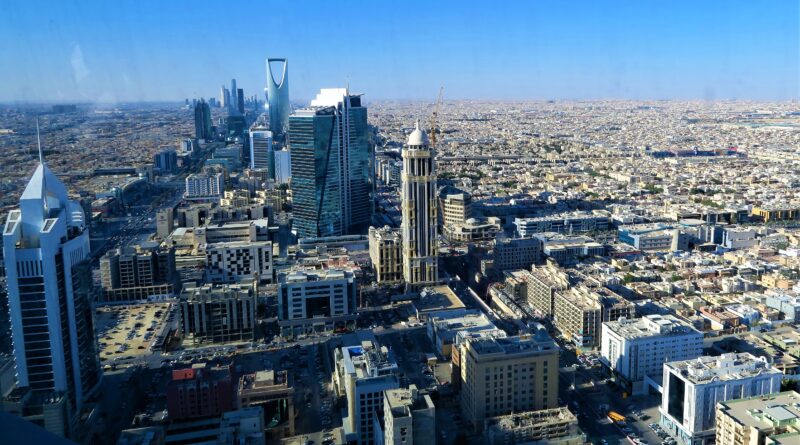Metaverse Technology Will Contribute $7.6 Billion Yearly to the Saudi Economy
The report published by a global consulting firm also mentions the UAE, Kuwait, Qatar, and other Arab nations actively investing in the Metaverse.
Nations in the Middle East are moving ahead of the rest of the world regarding investments in the Metaverse and metaverse-related businesses. For all their forward-thinking actions, they will be reaping the rewards in the short term. The metaverse is likely to contribute up to 7.6 billion dollars annually to the Saudi Arabia economy, according to a new report focused on metaverse business in the Middle East.
The Kingdom of Saudi Arabia is aggressively diversifying its crude oil-based economy, making a significant investment in other sectors in line with the objectives of its Vision 2030. As a testament to Saudi Arabia’s efforts, the new report projects that the metaverse will begin to contribute billions of dollars annually to the country’s economy in a few years. However, the Kingdom of Saudi Arabia is not alone in the diversification effort.
The report, published by Strategy& Middle East, a subsidiary of the PwC network, notes that along with Saudi Arabia, the United Arab Emirates will potentially earn up to $3.3 billion annually from the virtual metaverse economy towards the end of the decade. Other Middle Eastern juggernauts like Qatar, Kuwait, and Bahrain also feature in the report. The 2022 FIFA World Cup hosts’ potential earnings from metaverse technology by 2030 lie in the region of $1.6 billion.
Kuwait will attract up to $1 billion, according to the Strategy& Middle East report, while Bahrain could earn a potential $400 million. According to the report, “the potential contribution of the metaverse to Gulf Cooperation Council (GCC) economies could be around $15 billion annually by 2030, of which $7.6 billion would be in Saudi Arabia and $3.3 billion in the UAE.”
The report also noted that the metaverse is still undergoing massive development and is yet to take any definite shape or direction. The potential use cases are numerous, and the report urged the GCC members to take decisive actions and seize the opportunity to maximize profit from metaverse technology. The report also earmarked travel and tourism as the sectors with the greatest potential for earning, estimated to bring in up to $3.2 billion yearly.
The report further noted that the metaverse is still developing, and organizations in the GCC region should act appropriately and seize the opportunity to reap the maximum from this emerging technology. Tony G. Karam, a Strategy& Middle East partner, claimed the report’s projections evaluated growth in technologies, hardware, software, and platforms crucial to metaverse technology and the economic contribution of metaverse applications like shopping, tourism, and content creation.
The Kingdom of Saudi Arabia has already made serious investments in the Metaverse. The digital subsidiary of its $500 billion megacity, NEOM, has built a Metaverse that allows people to enjoy immersive experiences of the megacity with their avatars. There will be metaverse tours of notable landmarks like AlUla, Saudi Arabia’s first UNESCO World Heritage Site, entertainment and sports events, and fashion festivals.

